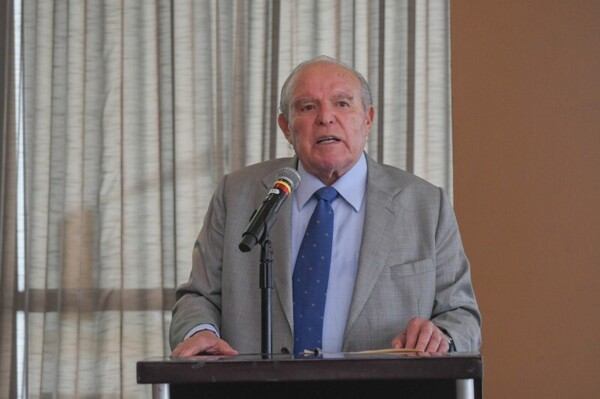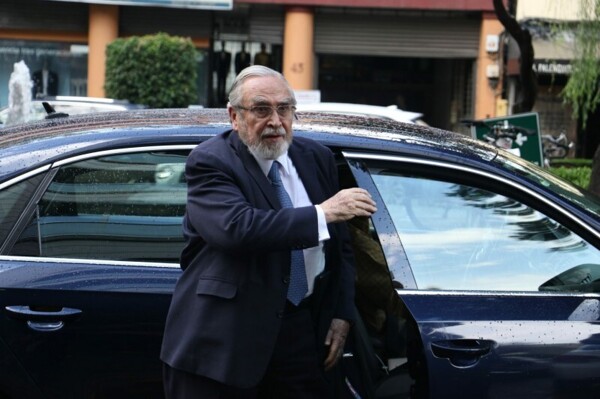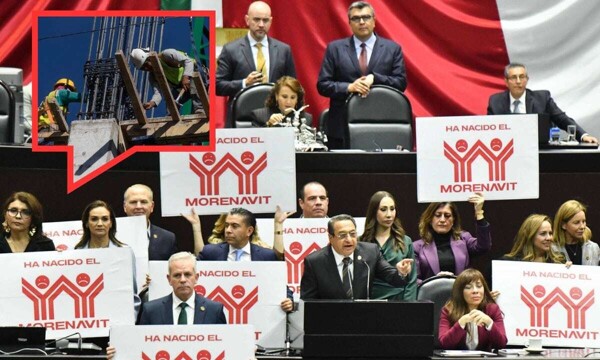
In a typical office scene, the boss enters the conference room worried about the quarter's results and asks the team the question: 'What ideas do you have to improve the company's performance?' Beyond giving instructions, he seeks to encourage participation and creativity from his collaborators.
In the field of executive coaching, it is essential to trust in the collective wisdom of the team, although it is necessary to create a conducive environment for it to manifest. It is suggested to move towards a collaboration model where each member feels responsible for both execution and strategy as well as problem-solving.
To achieve this, it is important to create safe spaces that encourage expression and eliminate the fear of making mistakes or being judged by others. Assigning rotating leadership roles or allowing the team to self-manage can be beneficial to promote shared decision-making.
In addition to having skilled talent, it is essential to cultivate an environment that fosters the confrontation of ideas within the organization. This can result in more innovative outcomes and team satisfaction. Implementing reflective feedback also helps strengthen self-criticism and turn decision-making into a continuous learning process.
Breaking away from passive obedience and employing open questioning are practices that can help stimulate independent thinking and creativity in the team. Creating a culture where each member feels valued and their opinion has a real impact is also key to promoting greater participation and a trusting environment.
In summary, fostering a culture of participation and independent thinking in teams may require time and patience, but the long-term benefits justify the effort. Setting clear expectations from the start of meetings, asking powerful questions, and encouraging self-management and accountability are some practical strategies to achieve this.














